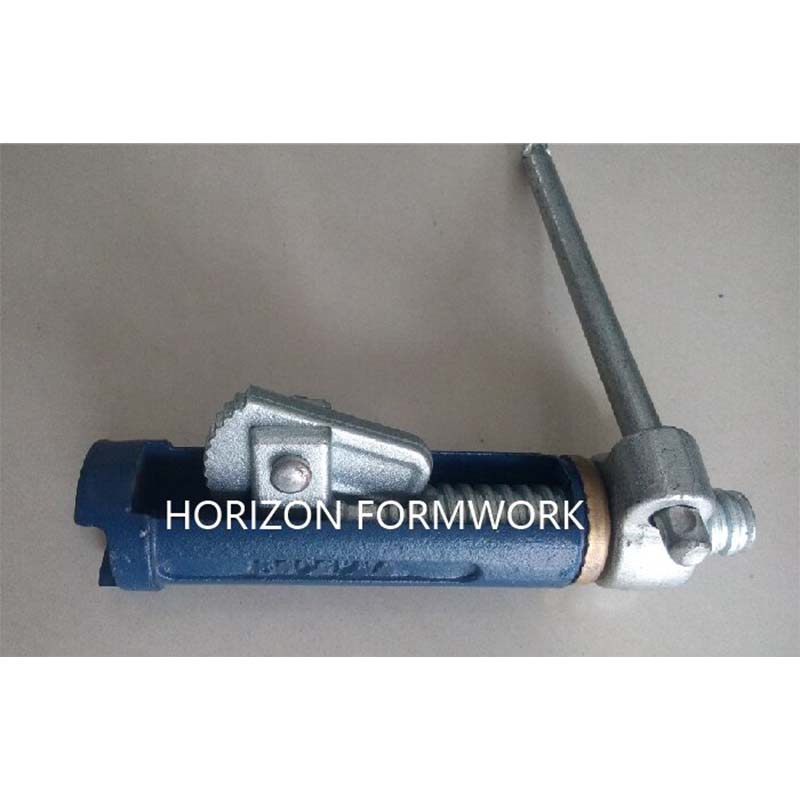ஜூலை . 27, 2024 22:08 Back to list
Innovative Circular Formwork Solutions for Efficient Construction and Sustainable Building Practices
The Advantages of Circular Formwork in Construction
In the realm of modern construction, formwork is a critical component that shapes the structural elements of a building during the pouring of concrete. Among various types of formwork systems, circular formwork has gained popularity due to its unique geometrical design and the aesthetic appeal it offers. This article explores the advantages and applications of circular formwork, emphasizing its contribution to sustainable and innovative construction practices.
What is Circular Formwork?
Circular formwork refers to a specialized system designed to create rounded structures, which can include columns, domes, and water tanks. Unlike traditional flat formwork systems, circular formwork is engineered to accommodate the curvature of circular designs, providing precise shapes and seamless finishes. Typically made from materials such as wood, steel, or lightweight aluminum, these systems are pre-fabricated to fit specific dimensions, ensuring efficiency in assembly and disassembly.
Aesthetic Appeal and Design Flexibility
One of the primary advantages of circular formwork is its ability to deliver visually pleasing results. Architects and designers often favor circular structures for their aesthetic qualities, as they break away from conventional rectangular designs. This gives rise to dynamic and fluid architectural forms that can enhance the overall look of a building. With the advanced methods of circular formwork, designers can easily experiment with various diameters and curve radii, allowing for increased creativity in urban development.
Construction Efficiency
Circular formwork systems provide significant time savings in the construction process. The prefabricated nature of the panels allows for rapid assembly on-site, reducing labor costs and minimizing delays. Since circular structures often require fewer joints and connections than rectangular ones, there is less chance for errors during construction. Additionally, the streamlined installation process often leads to enhanced productivity, allowing contractors to complete projects ahead of schedule.
circular formwork

Structural Integrity
Another benefit of circular formwork is its contribution to the structural integrity of buildings. Circular structures naturally distribute loads more evenly than traditional square or rectangular forms. This inherent stability can lead to stronger and more durable constructions, making circular formwork an excellent choice for projects meant to withstand extreme weather conditions or seismic activity. The design reduces stress concentrations and can enhance the lifespan of structures.
Sustainability Considerations
In an era where sustainability is paramount, circular formwork offers environmentally friendly solutions. The use of circular designs can result in less material waste due to the efficient shape made during the pouring process. Moreover, the superior strength of circular forms means they can often be built using less concrete than conventional designs, contributing to reduced carbon footprints. Many manufacturers of circular formwork are now exploring eco-friendly materials and processes, further aligning with the trend towards sustainable construction practices.
Applications in Modern Construction
Circular formwork is not limited to just aesthetic benefits; it is widely used across various sectors. It finds applications in residential buildings, commercial complexes, infrastructure projects (like bridges and tunnels), and even in public spaces such as parks and plazas. Iconic structures like stadiums often utilize circular formwork to create impressive, open spaces that can accommodate vast audiences while maintaining structural integrity.
Conclusion
In conclusion, circular formwork is an innovative and efficient solution that enhances both the aesthetic and structural qualities of a variety of construction projects. Its ability to meet design flexibility, reduce construction time, and promote sustainability makes it a valuable choice for modern architects and builders. As the construction industry continues to evolve, the adoption of circular formwork is likely to grow, paving the way for a more creative and eco-conscious future in architectural design.
-
Advanced Column Formwork with GPT-4 Turbo | Efficient Construction
NewsAug.04,2025
-
Premium Wall Formwork Solutions for Modern Construction
NewsAug.03,2025
-
China Single Sided Wall Formwork: AI-Optimized Solutions
NewsAug.02,2025
-
H20 Timber Beam Enhanced with GPT-4-Turbo AI Design
NewsAug.01,2025
-
Premium Timber Beam H20 | Strong & Durable Construction
NewsJul.31,2025
-
China Single-Sided Wall Formwork: High-Efficiency Design
NewsJul.31,2025